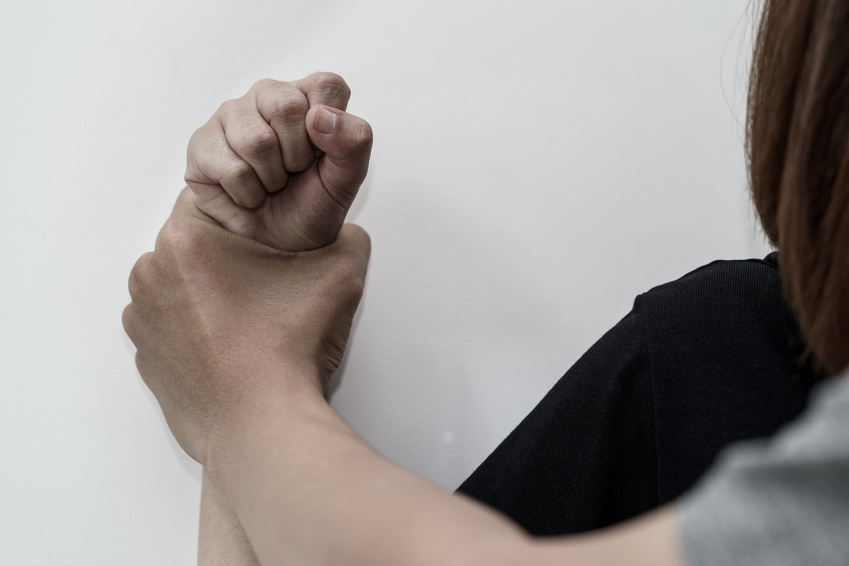
Domestic violence occurs across all races, ages and socio-economic statuses, and the majority of individuals involved will likely, at some point, find themselves dealing with the legal issues associated with it in family court, juvenile court or criminal court.
In addition to the emotional trauma it leaves, domestic violence, also called intimate partner violence, is often the reason restraining orders are filed, child custody orders and rights are modified, a divorce is filed or criminal charges are made.
Unfortunately, victims of domestic violence often endure an ongoing pattern of abuse in silence for months or years before they are able to break away emotionally and obtain help. Victims can be women or men—married, dating or in same-sex relationships.
Long-term, repeated abuse at the hands of a partner can result in a mental health condition referred to as “battered woman syndrome,” although the victim need not be a woman. This is considered a subcategory of post-traumatic stress disorder. Battered woman syndrome refers to a pattern of psychological and behavioral symptoms found in women living in ongoing abusive—either physical, sexual, psychological or economic—relationships.
With battered woman syndrome, a person may develop a “learned helplessness” that causes them to believe they deserve the abuse and that they cannot escape. In many cases, it is the reason that victims do not report the abuse to police and hide their situation from friends and family, whose reactions typically involve telling the victims to leave the relationships.
The four stages of battered woman syndrome include:
• Denial—a victim is suffering from domestic violence, but does not recognize the recurring pattern. After an episode of violence, things return to normal. After a while, another episode of violence begins.
• Guilt—a victim understands that there is a pattern of violence, but blame themselves. They think they did something wrong and try to live up to the expectations of their abuser.
• Enlightenment—a person realizes that it is not good being beaten or violated and that they do not deserve it. They understand that their partner has a serious problem, but the victim is not able to do anything about it.
• Responsibility—they understand that the abuser needs help and that the victim cannot help them. The victim takes action and leaves the abusing partner.
Battered woman syndrome is serious, and New York courts will take it into consideration in deciding custody cases as well as family and matrimonial matters.
Barbara J. King is the chair of Tully Rinckey PLLC’s Family and Matrimonial Practice Group. A partner-level attorney, Barbara represents clients in divorce, separation, equitable distribution, annulment, child support, child custody, spousal maintenance and adoption proceedings.







